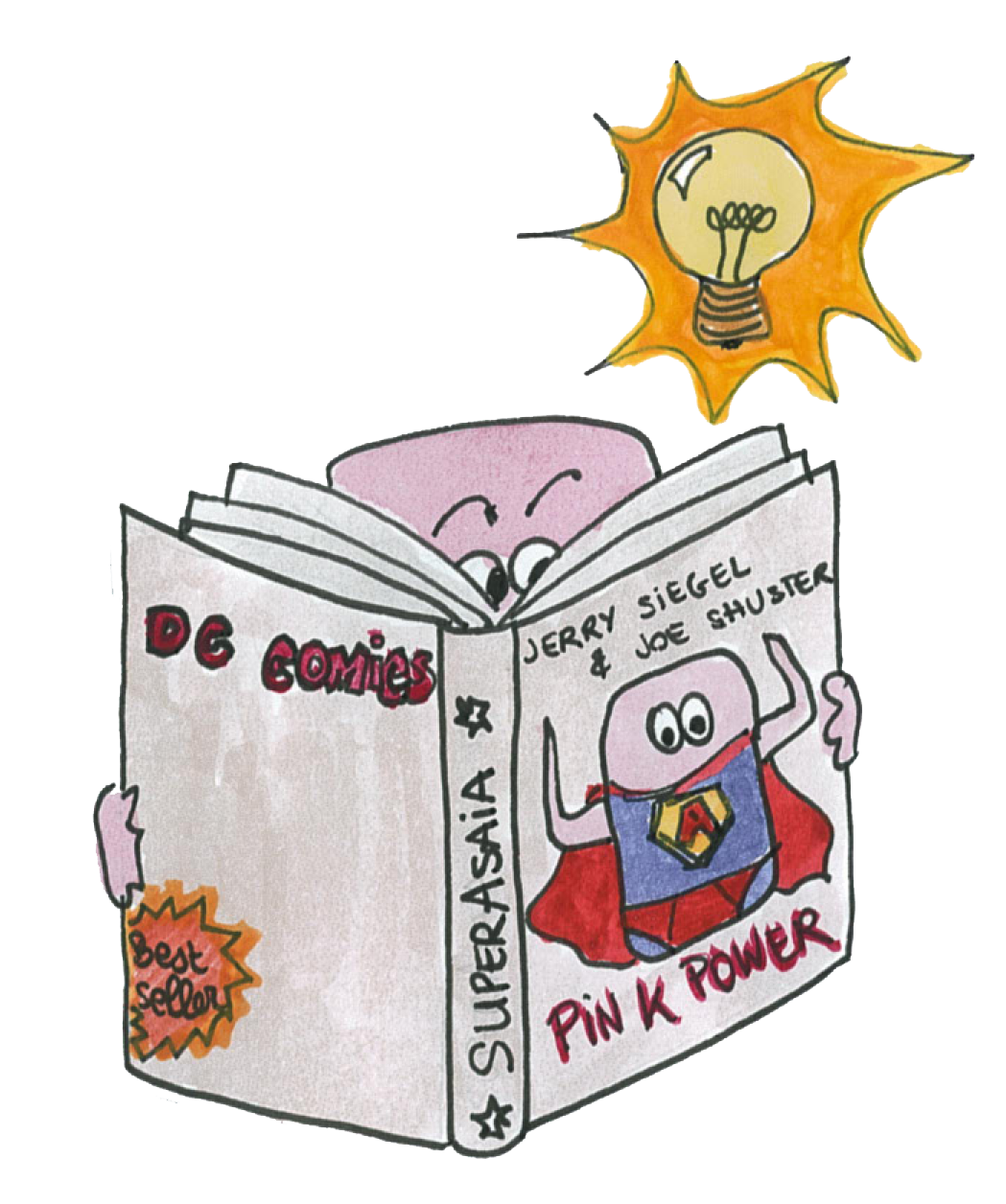Team:EPF Lausanne/Project literature
From 2010.igem.org
(Difference between revisions)
| (24 intermediate revisions not shown) | |||
| Line 1: | Line 1: | ||
| - | {{ | + | {{EPFL_2010_2}} |
<html> | <html> | ||
| - | <img src="https://static.igem.org/mediawiki/2010/ | + | |
| + | <head><style> .EPFL_content { margin-right:180px; } </style></head> | ||
| + | |||
| + | <div style="position: absolute; left: 0px; top: 60px; height: 140px; width: 975px;"> | ||
| + | <img alt="" src="https://static.igem.org/mediawiki/2010/3/3c/EPFL_Menu_2_Literature.png"/></div> | ||
| + | |||
| + | <div style="position: absolute; left: 310px; top: 11px; height: 85px; width: 125px;"> | ||
| + | <a href="https://2010.igem.org/Team:EPF_Lausanne/Project"> | ||
| + | <img alt="" height="80" src="https://static.igem.org/mediawiki/2010/d/d2/EPFL_Menu_2_Project.png" width="125" class="auto-style1" /></a></div> | ||
| + | |||
</html> | </html> | ||
| + | |||
| + | {{EPFL_2010_sub_menu_projects}} | ||
| + | |||
| + | |||
<div CLASS="EPFL_content"> | <div CLASS="EPFL_content"> | ||
| - | + | [[Image:Idea.png|right|250px|caption]] | |
= Asaia related = | = Asaia related = | ||
| - | + | *[http://www.springerlink.com/content/p21765x15336k13x/ Bacteria of the Genus Asaia: A Potential Paratransgenic Weapon Against Malaria] | |
| - | + | ||
| - | + | ||
| - | + | ||
| + | *[http://www.pnas.org/content/104/21/9047.long Bacteria of the genus Asaia stably associate with Anopheles stephensi, an Asian malarial mosquito vector] isolation of Asaia from mosquitoes and expression of GFP | ||
| - | = | + | *[http://www.sciencedirect.com/science?_ob=ArticleURL&_udi=B6VRT-4V3K67R-B&_user=164550&_coverDate=12%2F09%2F2008&_rdoc=1&_fmt=high&_orig=search&_origin=search&_sort=d&_docanchor=&view=c&_acct=C000013218&_version=1&_urlVersion=0&_userid=164550&md5=52110befa7e6dce2da04feff33af38dc&searchtype=a/ Paternal transmission of symbiotic bacteria in malaria vectors] Asaia transmission and stable Asaia mCherry strain |
| - | + | *[http://aem.asm.org/cgi/content/abstract/68/5/2619 Cloning of Escherichia coli lacZ and lacY Genes and Their Expression in Gluconobacter oxydans and Acetobacter liquefaciens] Asaia plasmid | |
| - | + | ||
| - | + | = Blocking ''P. falciparum'' transmission = | |
| + | |||
| + | *[http://linkinghub.elsevier.com/retrieve/pii/S016668510000387X Bacteria expressing single-chain immunotoxin inhibit malaria parasite development in mosquitoes] Immunotoxin against malaria parasite, composed of Shiva-1 and mouse single-chain antibody fragment against Pbs21. | ||
| + | *[http://www.sciencedirect.com/science?_ob=ArticleURL&_udi=B6T29-3XWJR7T-5&_user=164550&_coverDate=11%2F30%2F1999&_rdoc=1&_fmt=high&_orig=search&_sort=d&_docanchor=&view=c&_searchStrId=1377833690&_rerunOrigin=scholar.google&_acct=C000013218&_version=1&_urlVersion=0&_userid=164550&md5=f323c6f84d5aa5152e389c69d5b90498/ A single-chain antibody fragment specific for the Plasmodium berghei ookinete protein Pbs21 confers transmission blockade in the mosquito midgut] 13.1 scFv single-chain antibody fragment against ookinete protein Pbs21 | ||
| + | *[http://www.fasebj.org/cgi/content/abstract/2/13/2878/ In vitro cytocidal effect of novel lytic peptides on Plasmodium falciparum and Trypanosoma cruzi] Shiva-1 | ||
| + | *[http://ec.asm.org/cgi/content/full/6/8/1260 Ajay K. Saxena, Yimin Wu, and David N. Garboczi, ''Plasmodium P25 and P28 Surface Proteins: Potential Transmission-Blocking Vaccines'', Eukaryot. Cell, Aug 2007; 6: 1260 - 1265]. Using antibodies to bind both ookinete surface proteins P25 and P28 could prevent the epithelial invasion. | ||
= Ideas = | = Ideas = | ||
| - | + | *[http://www.ncbi.nlm.nih.gov/pmc/articles/PMC2373286/ Engineering BioBrick vectors from BioBrick parts] | |
| + | |||
| + | |||
| + | |||
| + | |||
| + | |||
| + | |||
| + | |||
| + | |||
| + | {{EPFL_2010_bottom_wrap}} | ||
</div> | </div> | ||
Latest revision as of 22:40, 26 October 2010


- [http://www.springerlink.com/content/p21765x15336k13x/ Bacteria of the Genus Asaia: A Potential Paratransgenic Weapon Against Malaria]
- [http://www.pnas.org/content/104/21/9047.long Bacteria of the genus Asaia stably associate with Anopheles stephensi, an Asian malarial mosquito vector] isolation of Asaia from mosquitoes and expression of GFP
- [http://www.sciencedirect.com/science?_ob=ArticleURL&_udi=B6VRT-4V3K67R-B&_user=164550&_coverDate=12%2F09%2F2008&_rdoc=1&_fmt=high&_orig=search&_origin=search&_sort=d&_docanchor=&view=c&_acct=C000013218&_version=1&_urlVersion=0&_userid=164550&md5=52110befa7e6dce2da04feff33af38dc&searchtype=a/ Paternal transmission of symbiotic bacteria in malaria vectors] Asaia transmission and stable Asaia mCherry strain
- [http://aem.asm.org/cgi/content/abstract/68/5/2619 Cloning of Escherichia coli lacZ and lacY Genes and Their Expression in Gluconobacter oxydans and Acetobacter liquefaciens] Asaia plasmid
Blocking P. falciparum transmission
- [http://linkinghub.elsevier.com/retrieve/pii/S016668510000387X Bacteria expressing single-chain immunotoxin inhibit malaria parasite development in mosquitoes] Immunotoxin against malaria parasite, composed of Shiva-1 and mouse single-chain antibody fragment against Pbs21.
- [http://www.sciencedirect.com/science?_ob=ArticleURL&_udi=B6T29-3XWJR7T-5&_user=164550&_coverDate=11%2F30%2F1999&_rdoc=1&_fmt=high&_orig=search&_sort=d&_docanchor=&view=c&_searchStrId=1377833690&_rerunOrigin=scholar.google&_acct=C000013218&_version=1&_urlVersion=0&_userid=164550&md5=f323c6f84d5aa5152e389c69d5b90498/ A single-chain antibody fragment specific for the Plasmodium berghei ookinete protein Pbs21 confers transmission blockade in the mosquito midgut] 13.1 scFv single-chain antibody fragment against ookinete protein Pbs21
- [http://www.fasebj.org/cgi/content/abstract/2/13/2878/ In vitro cytocidal effect of novel lytic peptides on Plasmodium falciparum and Trypanosoma cruzi] Shiva-1
- [http://ec.asm.org/cgi/content/full/6/8/1260 Ajay K. Saxena, Yimin Wu, and David N. Garboczi, Plasmodium P25 and P28 Surface Proteins: Potential Transmission-Blocking Vaccines, Eukaryot. Cell, Aug 2007; 6: 1260 - 1265]. Using antibodies to bind both ookinete surface proteins P25 and P28 could prevent the epithelial invasion.
Ideas
- [http://www.ncbi.nlm.nih.gov/pmc/articles/PMC2373286/ Engineering BioBrick vectors from BioBrick parts]

 "
"

















